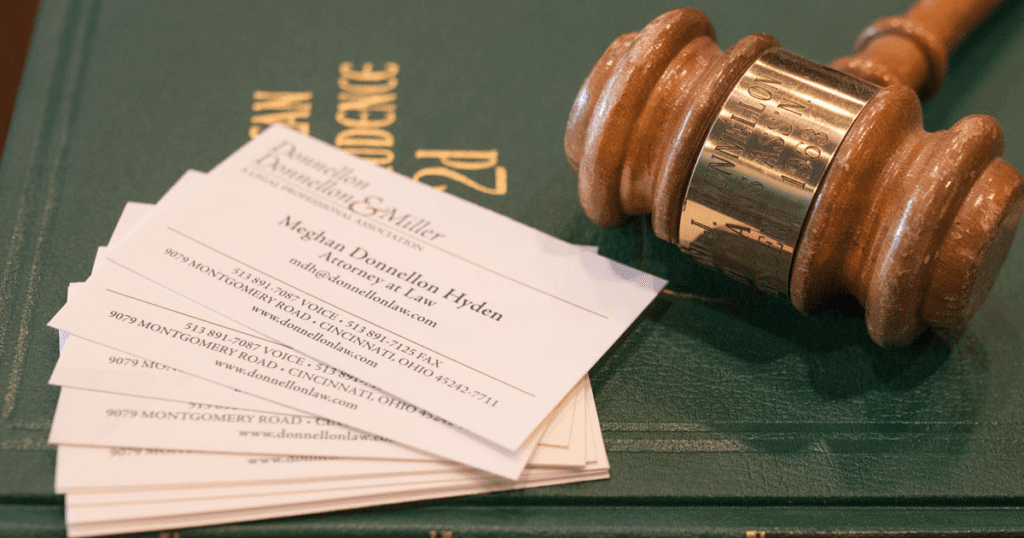Who Can Challenge a Will?

Not everyone can contest a Will. If Person A owes you money, and then Person A passes away without repaying that debt, you may not be able to get any money from the estate.
The majority of Wills go through the probate process without a challenge for it is difficult to challenge a Will. That said, there are still some situations in which a person may be qualified to challenge it.
Only “Interested Persons” Can Challenge a Will
The Probate Code lists certain categories of people as “interested persons” in relation to someone who has died. As they relate to the decedent, an “interested person” must be either a child, an heir, a spouse, a creditor (so you may have a claim if the decedent owes you money), or a devisee. A devisee is a person to whom real estate is bequeathed in a Will.
The Challenge Must be for Valid Legal Reasons
A Will can be challenged under legal reasons if they are related to influence. For instance, if fraud or forgery occurred, or if someone influenced the decedent to change the Will, these are valid reasons. If the signing of the Will was not witnessed by at least two adults, it could be cause for a challenge. Some states do not allow “holographic” Wills, meaning Wills that are handwritten and unwitnessed. If there are multiple Wills, and another Will is believed to take precedence, then this is also a valid reason.
The Will Challenger Must Have “standing”
A beneficiary or an heir is known as a person of standing. If a person stands to lose if the Will is deemed invalid, then the person has standing. If a person would have inherited property or money if the decedent had died without a Will—that is, if a person stands to lose if the will is enforced—then the person also has standing.
The Person Challenging a Will is not a Minor
Minors are not allowed to initiate legal proceedings. Therefore, if the person wishing to challenge the Will is a minor, they may not be able to do so until they turn 18, known as “reaching the age of majority.”
No “No Contest” Clause is Present
If a Will has a “no contest” clause, then a person challenging it risks being left out from the Will if they lose the challenge. This is called “disinheriting” a Will. The person challenging can risk losing everything. Often, however, these clauses cannot be enforced. If a person has valid legal reasons to challenge the Will, they may do so.
They are a Spouse
As stated earlier, most challenges to Wills do not stand up in court. The courts view the Will as the voice and intent of the testator—the person who wrote the Will before their death. Since the Will is that voice, the courts tend to uphold the Will’s language as the desire of the testator, and therefore unable to be questioned.
Most Will challenges are made by the decedent’s spouse, typically because they claim someone persuaded or influenced the decedent to write or edit a Will. It may also be the case that the spouse (the widow or widower) can prove that the decedent lacked testamentary capacity.
